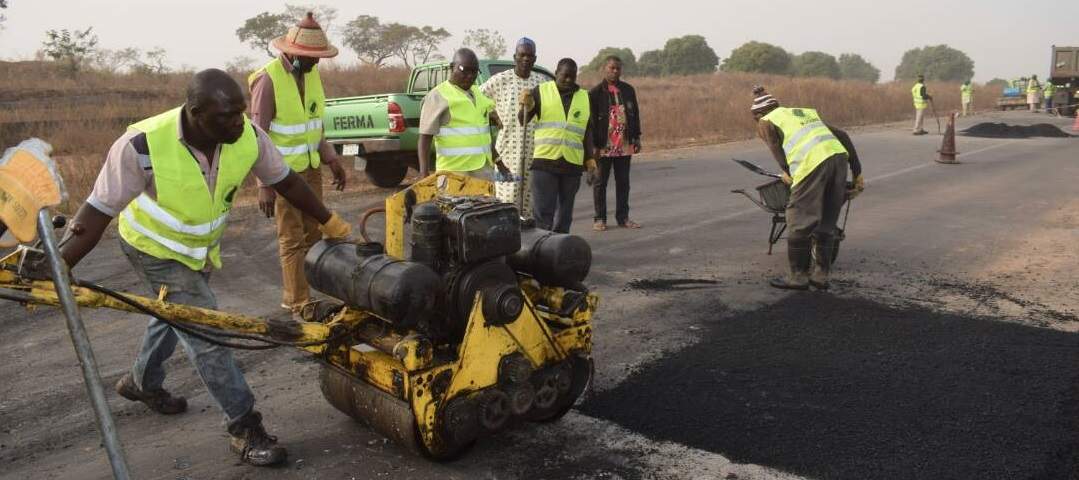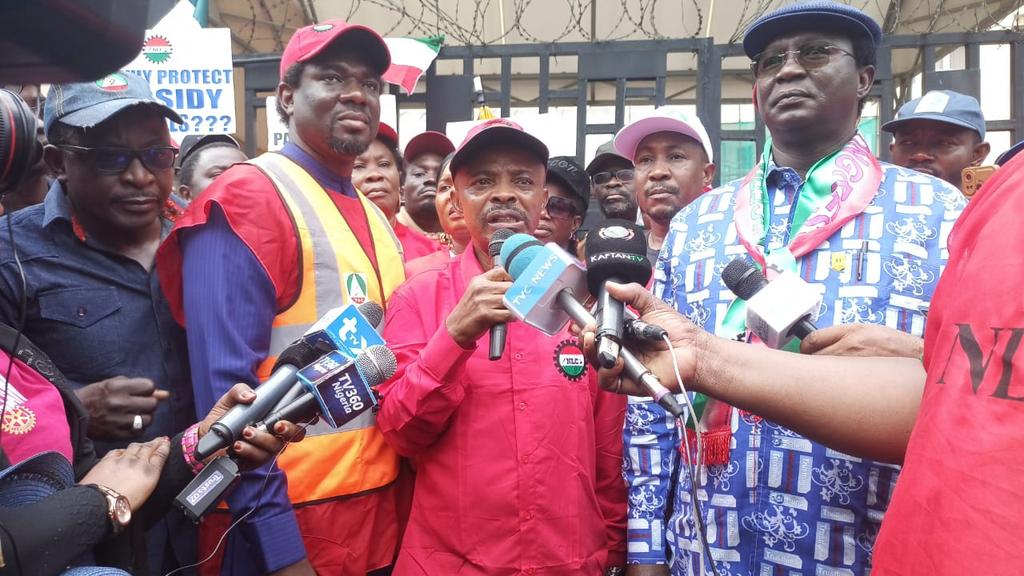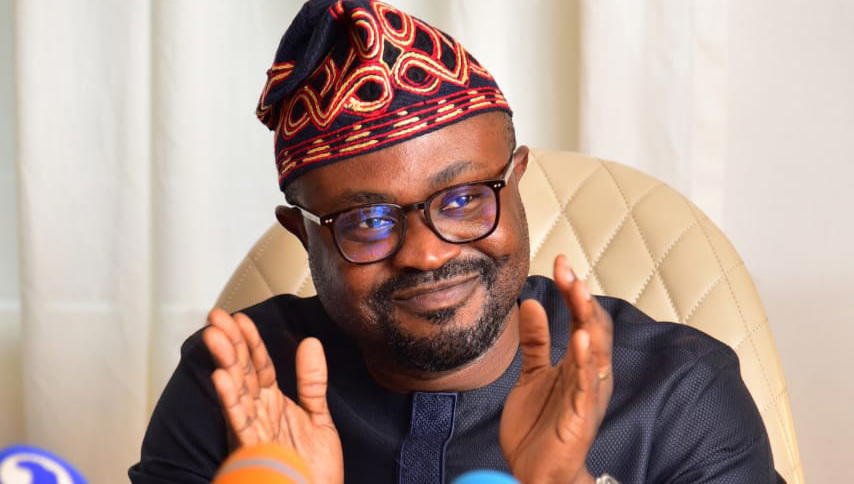Recent report released by Financial Derivatives Company, an economic and financial research firm, says Nigeria requires $15bn (N4.59tn at N306 to a dollar) worth of investments annually for 15 years in order to adequately develop its infrastructure nationwide. In its latest bi-monthly Economic and Business report for February 2018, the FDC stated that the underinvestment in infrastructure in Nigeria over the years had widened the infrastructural gap across the country.
The report obtained in Abuja on Friday by Punch, however, stated that the Federal Government’s limited access to foreign credit and revenue constraints had made it difficult for the country to source for funds to meet its infrastructural needs.
“Nigeria’s underinvestment in infrastructure has left it with a core stock of infrastructure of just 20 per cent to 25 per cent of Gross Domestic Product, compared to an average of 70 per cent of the GDP for more advanced middle-income countries of similar size.
Bridging this gap will require investing about $15bn annually for the next 15 years. Given the government’s limited access to international debt, revenue constraints and competing priorities, the major question is where will funding be sourced?
One of the biggest constraints to competitiveness, economic growth and diversification in Nigeria is the crippling infrastructure deficit, estimated at about $300bn (N30tn) by the African Development Bank.
They estimate that the gross underinvestment in infrastructure over the years has left Nigeria with a core stock of infrastructure of just 20-25 per cent of the GDP, compared to 70 per cent for more advanced middle-income countries of similar size.
This has driven the cost of doing business up significantly and impaired both foreign and domestic investment. The cheapest alternative to public power supply is at least three times more expensive. Businesses simply need adequate transportation systems (road, railway and port) to receive supplies and access markets for their goods.”
The report said the capital budgets of Nigeria in 2017 and 2018 were unimpressive, particularly when compared to the capital budget of a country like China.
“Nigeria spent N2.07tn (three per cent of the GDP) on capital expenditure in 2017 and plans to spend N2.43tn (3.5 per cent of the GDP) in 2018. This pales in significance to China, which spent an estimated 15 per cent of its GDP per year on infrastructure between 1980 and 2005.
Attempting to follow the Chinese model will amount to spending N10tn ($33bn) per annum on infrastructure, 16 per cent higher than total expenditure proposed in the 2018 budget. This is simply not feasible given Nigeria’s current revenue profile and the huge burden of recurrent expenditure, much of which already goes into debt servicing.”




















